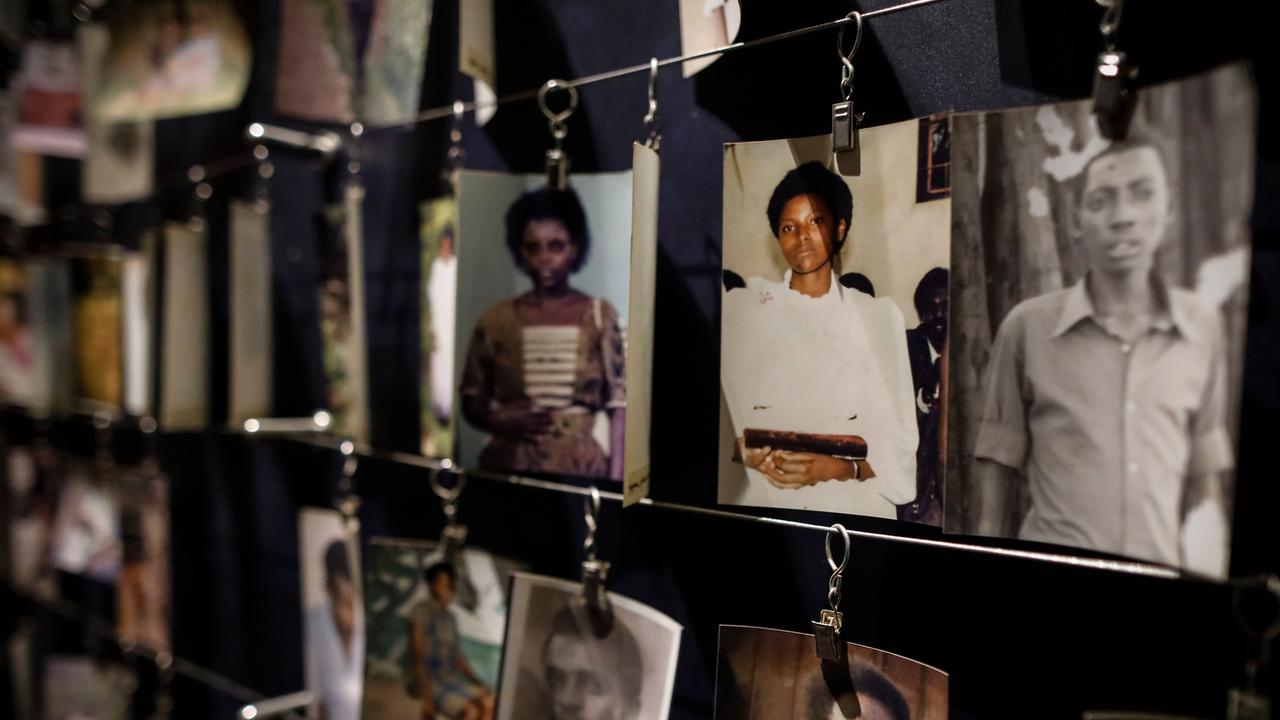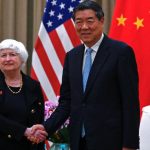It is now proven that the genocide in Rwanda was meticulously planned. The German embassy in Kigali also had knowledge of pogroms and massacres at the time. Contemporary witnesses accuse Germany of ignorance, disinterest and inaction.
Pascal Bataringaya sits on the terrace of an apartment in Kigali. Under his jacket he wears a pink shirt with a collar. Today Bataringaya is the chairman of the Presbyterian Church of Rwanda.
30 years ago he was a member of the church choir led by the German pastor Jörg Zimmermann in Rwanda's capital. He often discussed Rwandan politics with him and the tense mood in the country.
The atrocities were announced
“A genocide doesn't just fall out of the sky. Something like that is on the horizon,” says Bataringaya. He remembers extremist Hutu militias who, starting in 1993, increasingly moved unbridled through the capital Kigali, setting up roadblocks and attacking Tutsi – even leading to massacres.
The Protestant pastor Jörg Zimmermann can still see these demonstrations of power by the militias, the Interahamwe. Everyone knew they were killing Tutsi, he says. “Anyone who says it wasn't clear to me, I don't know where their mind was. That was clear.”
The German embassy in Kigali didn't seem to understand this. In a letter to the Foreign Office dated March 21, 1993, she described the Interahamwe militias, who later played a key role in the genocide, as merely young party supporters. This is proven by files.
Misjudgments and false reviews
“One misjudgment among many,” says political scientist Anton Peez. He works at the Peace and Research Institute and the Goethe University Frankfurt and in 2021 he already dealt with the role of German foreign policy in Rwanda in the early 1990s.
Peez pays particular attention to the report of a human rights alliance from the beginning of 1993. In it, the threshold to genocide was specifically discussed. The Foreign Office in Bonn requested an assessment from the German embassy. On February 2, 1993 the embassy wrote:
The blanket accusations of 'genocide' and 'war crimes' could refer to the acts of violence committed against the Tutsi. The crimes committed against the Tutsi ethnic group certainly do not reach the extent implied by the word 'genocide', namely the destruction of an entire people.
However, on April 7, 1994, it became clear that these allegations were not made out of thin air. The night before, Rwandan President Juvénal Habyarimana's plane was shot down, and then the killings began.
The Protestant pastor Zimmermann heard the bang. The next morning he learned of the president's death. It was clear to him that all Tutsi and opposition members were in mortal danger. He expected massacres and pogroms. “I never imagined what happened next in my worst nightmares.”
Almost a million people were brutally slaughtered in just 100 days. And the global community was watching. She could have reacted before the genocide. The facts were on the table. Also in the German embassy in Kigali and in the Foreign Office in Bonn.
Germany would have had leverage
Compared to other countries such as the former colonial power Belgium or France, whose government maintained close ties to the genocide regime, Germany did not play a central role before the genocide in Rwanda. Nevertheless, the country was one of the largest donors of development aid.
Political scientist Peez points out that countries like Canada had already cut their budget for development cooperation in 1992 – in response to the dramatic deterioration of the human rights situation in Rwanda.
The Foreign Office files, however, show that Germany was still negotiating with Rwanda about new development aid at the end of 1993. And the files also show failures elsewhere: disputes between the Foreign Office, the Ministry for Development Cooperation and the Ministry of Defense. No agreement, too few agreements, says Peez.
The federal government experienced something similar in Afghanistan in 2021. There too, warnings were not taken seriously for a long time. Cooperation between the ministries was poor, according to the study commission report.
To date, no independent review
The Foreign Office explains that the instruments for crisis prevention have been significantly expanded in recent years and that “lessons learned” have always been incorporated. In 2017, the federal government created an interdepartmental overall concept for dealing with international crises and armed conflicts.
The Foreign Office is open to an independent review of the role of German foreign policy, but a commission has not yet been set up. 30 years after the genocide against the Tutsi in Rwanda, Germany's role has only been partially researched.
On the terrace in Kigali, Pascal Bataringaya harshly criticizes Germany. Based on its own history, Germany should have understood that something was brewing. And the responsibility for “never again,” says the Rwandan, should have driven Germany to action.
You can hear more about this topic in ARD radio feature “Deadly Silence” in the ARD audio library.
SR, tagesschau, April 5th, 2024 3:48 p.m




